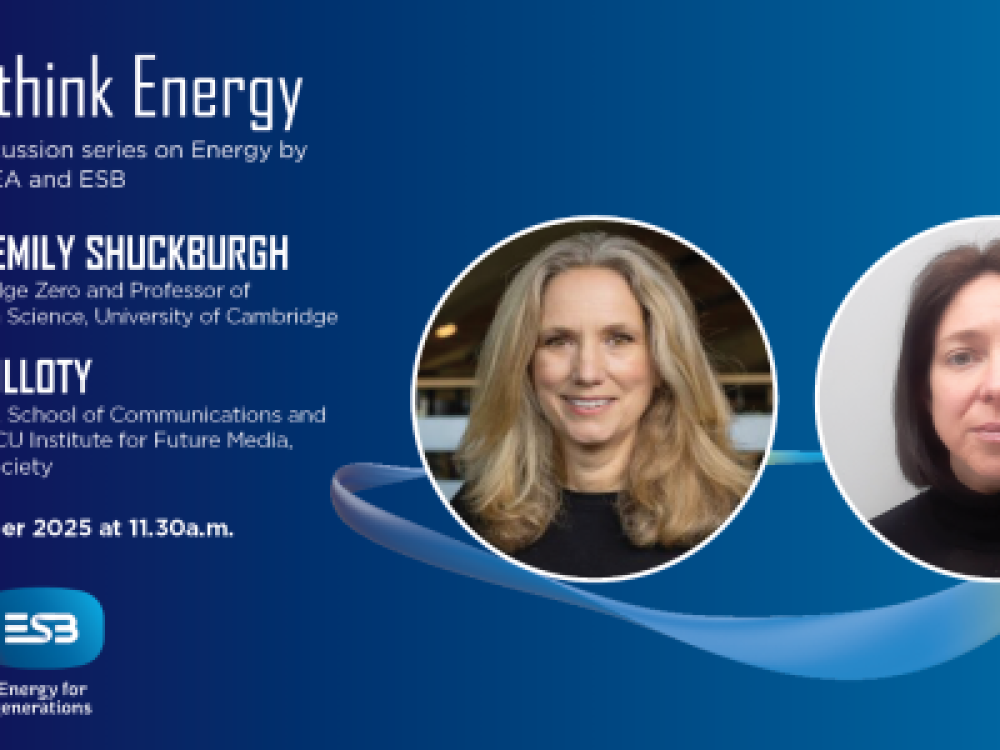To challenge “post-truth” culture, the news media must first make a commitment to evidenced-based discussion. From Brexit to climate change, the public are let down by the absence of informed and transparent debate.
Michael Gove memorably dismissed the significance of experts opposed to Brexit because the British people “have had enough of experts”. On this point at least, Gove is not completely wrong. In contemporary culture, people “have come to suspect the knowledge coming from official institutions and experts, and have replaced it with the truth coming from their own individual experience and opinions” (Van Zoonan 2012).
The internet and social media have intensified this trend. Amid a daily deluge of information and misinformation, the popular concept of knowledge combines “facts with other dimensions of human experience, such as opinions, values, and spiritual beliefs” (Dede 2008). Of course, individuals are entitled to their own beliefs, but the dominance of beliefs and feelings in public debate comes at the expense of evidence-based reasoning. “I feel like Hilary Clinton would make a good president” is not an argument. It cannot be contested with evidence to the contrary because how can anyone reasonably question what someone else claims to be feeling?
Following the Brexit vote, Guardian editor Katherine Vine wrote: “when a fact begins to resemble whatever you feel is true, it becomes very difficult for anyone to tell the difference between facts that are true and 'facts' that are not.” This is precisely why the news media's skills, resources and public platform are valuable. They can make the distinction between fact and non-fact and doing so more clearly and more vocally is vital for the future of civic journalism. The rise of fact-checking initiatives is a welcome development but such checks are not instantaneous. A more direct response to the problem of fact-free, belief-laden debate requires re-examining how media debates are organised and conducted in the first place.
False Balance: Most media debates do not aim at reasoned argumentation; they are set up as intractable contests of belief. Proponents of two opposing ideas are presented as “balanced" debaters regardless of the facts or expertise upon which their ideas are based.
To explore the potential impact of Brexit on UK research funding, BBC Radio 4 set the views of a pro-remain professor of biology (Anne Glover) against a pro-Brexit professor of oncology (Angus Dalgleish). Ostensibly, this appears nicely balanced. But the expert authority of both is notably different. Anne Glover is a former chief scientific adviser to the President of the European Commission - the body which grants research funding across the European Union. Angus Dalgleish is a member of Scientists for Britain, described by The Guardian as “a fringe anti-European Union body”. Moreover, the false balance here gave the impression of wide division among academics where there was none. More than 93% of UK scientists thought Brexit would negatively impact their research.
Climate change is perhaps the issue most hampered by weakly formed media debates. The scientific consensus on climate change is well established. What is absent is social consensus, which as Andrew Hoffman notes, brings climate science into the realm of “a culture war” about values and ideology.
Scientists, environmentalists, and those researching climate change communication have written extensively about the false balance and misinformation tactics that characterise media debates about climate change. Over the years, these criticisms have filtered down to popular culture. A viral John Oliver parody illustrated what a truly balanced debate about climate change - which “we shouldn’t even be having in the first place” - would look like: 93 scientists debating three sceptics.
In Ireland, little has changed. In January, An Taisce formally complained about the false balance on the RTÉ Prime Time programme ‘How much will fighting climate change cost Ireland?’ Last Monday, TV3’s Tonight with Vincent Browne broadcast a special on climate change presented by Charlie Bird. The topic was “Climate Change and is Ireland stepping up to the plate?” The debate, however, was mostly about whether climate change is real. Charlie Bird’s opening address set the tone:
“Are you a believer or not? That is the question we’re tackling tonight on the programme. And I’m not referring to religion. I’m talking, of course, about climate change.”
The only scientist on the panel, Cara Augustenborg, was then asked to offer the viewers at home “what you believe is a thumbnail sketch of what climate is?”
Presumably Augustenborg does indeed have feeling and beliefs about climate change. She is as entitled to those beliefs as John McGuirk, the PR consustant who served as a the programme’s climate sceptic, is to his. However, when it comes to a public debate about climate science, Augustenborg and McGuirk are not equal. The debate is not real because there is no actual debate.
Contentious, if pointless, debates suit the media. Full of bluster and outrage, they are exhibitions of pure performance and emotion. Debates are framed as wars to be won and lost. However, as Dan Cohen argues, nobody actually wins because nobody gains understanding.
Incidentally, there are other climate change debates for the media to consider. But there is no room to assess the merits of climate justice, adaptation measures or resource management if the media are still putting climate sceptics on a panel with climate experts.
Michael Gove might be right when he says the public are growing tired of experts but that doesn't mean we can or should dismiss experts altogether. When truth and facts are afloat in a sea of opinions, values and beliefs, individual news media must decide whether they want to moor public debate in evidence or drown with the crowd at sea.
Subscribe to FuJo's Newsletter.




